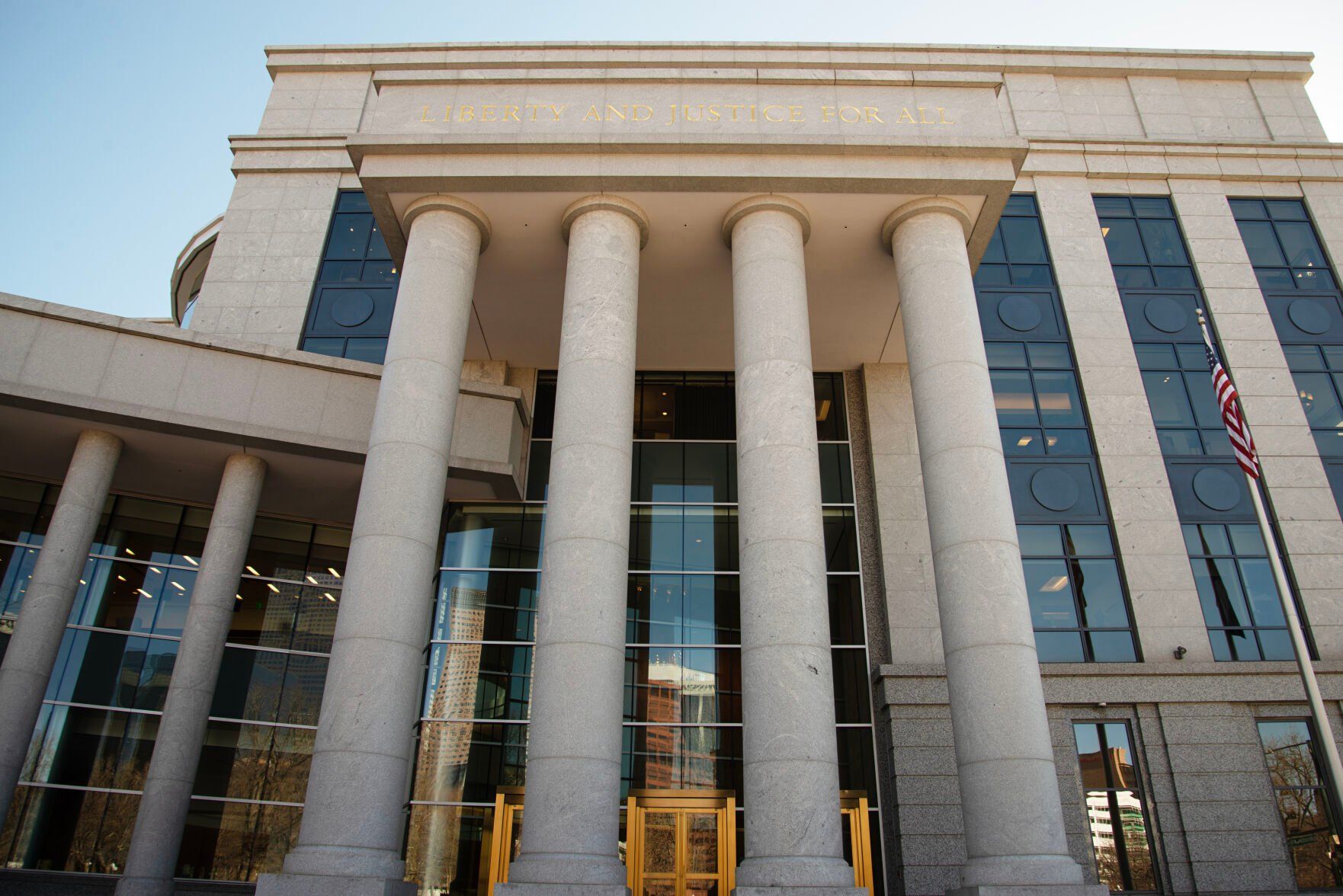Panel member ejected from one judge’s discipline case, as second judge challenges protocols in his proceeding

One member of a panel adjudicating the misconduct allegations against a county court judge has been replaced due to her alleged non-responsiveness, at the same time a different county court judge is objecting to the intended protocols in his own disciplinary case.
Following voters’ passage of constitutional Amendment H in November 2024, adjudication of serious judicial misconduct allegations is open to public scrutiny earlier in the process. The amendment also created a system in which three-member panels of a judge, a lawyer and a non-attorney are selected to hear cases and impose discipline.
Currently, there are two Colorado trial judges publicly accused of misconduct.
San Miguel County Court Judge Sean K. Murphy is allegedly responsible for chronic delays in issuing decisions, plus a range of unusual behavior that includes screaming at a clerk, forcing litigants to wait in his courtroom in a blizzard and appearing for virtual court while a half-naked man walked behind him.
Also, Montezuma County Court Judge Ian J. MacLaren is accused of holding an improper hearing in a criminal case, making false statements to investigators about his actions and attempting to use his status to get favorable treatment for his own civil infraction.
On Nov. 17, the panel for Murphy’s case filed a motion with the Colorado Supreme Court, seeking to replace the non-attorney member, Leanne Wheeler. Denver District Court Judge J. Eric Elliff, on behalf of himself and attorney member Jeff Chostner, alleged Wheeler had not responded to at least six emails about the case.
“The only conclusion to be reached from this non-responsiveness is that Ms. Wheeler is unable, or unwilling, to serve,” wrote Elliff.
Two days later, State Court Administrator Steven Vasconcellos randomly selected another non-attorney from the candidate pool, Colleen McManamon, to replace Wheeler. Wheeler did not respond to Colorado Politics’ emails seeking comment on Elliff’s characterization of her non-participation.
Since then, Murphy has indicated through his attorney that he is not contesting the Supreme Court’s Oct. 27 order suspending him from the bench. Murphy has also requested to extend his deadline to mid-December to respond to the misconduct allegations. He noted the Colorado Commission on Judicial Discipline does not oppose that request, and both sides “have initiated discussions over a potential resolution of this matter.”

MacLaren, meanwhile, filed a motion in response to a development at an Oct. 31 status conference with his adjudicative panel. The conference does not appear to have been publicly advertised, and the judge member, Weld County District Court Judge Vincente G. Vigil, did not respond to Colorado Politics’ questions about the lack of notice.
MacLaren’s motion described the panel as indicating it would “follow the spirit” of the judicial discipline rules that existed before the passage of Amendment H. MacLaren argued the amendment envisioned the repeal of such rules, and the protocols governing civil cases would apply until a new rule-making body could approve specific procedures for judicial discipline.
Problematically, “although ‘the spirit’ of the Rules of Judicial Conduct that are no longer in effect could be applied to this case, there is no guarantee that a judicial discipline adjudicative board in a different case would apply the same rules,” wrote attorney Kevin M. McGreevy. “In the event that the Colorado Rules of Civil Procedure were applied in one case while ‘the spirit of’ handpicked Rules of Judicial Discipline were applied in another case, the uniform implementation of justice in judicial discipline cases would be impossible to achieve.”
In response, Jeffrey M. Walsh, special counsel for the discipline commission, elaborated that Vigil had acknowledged during the status conference that the timeline for holding a disciplinary hearing under the old rules was impractical and no longer applicable. Instead, Vigil suggested following “the spirit” of the rules when laying out the framework for the discovery of evidence leading up to the hearing.
Furthermore, Walsh noted the civil rules contemplate that judges may deviate from them when necessary.
“Thus, Judge MacLaren demands a uniformity that the Rules of Civil Procedure explicitly rejects,” he wrote. “If the Panel deems it appropriate to create a Case Management Order that ‘follows the spirit’ of the old Rules of Judicial Discipline, it can and should do exactly that.”
Separately, the Judicial Discipline Rule-Making Committee approved five new or revised discipline rules on Nov. 19. The committee held a hearing last month at which two people provided comments, and four of the rules are unchanged from the proposed drafts. The committee made minor changes to the rules governing the temporary suspension of judges facing misconduct allegations.












